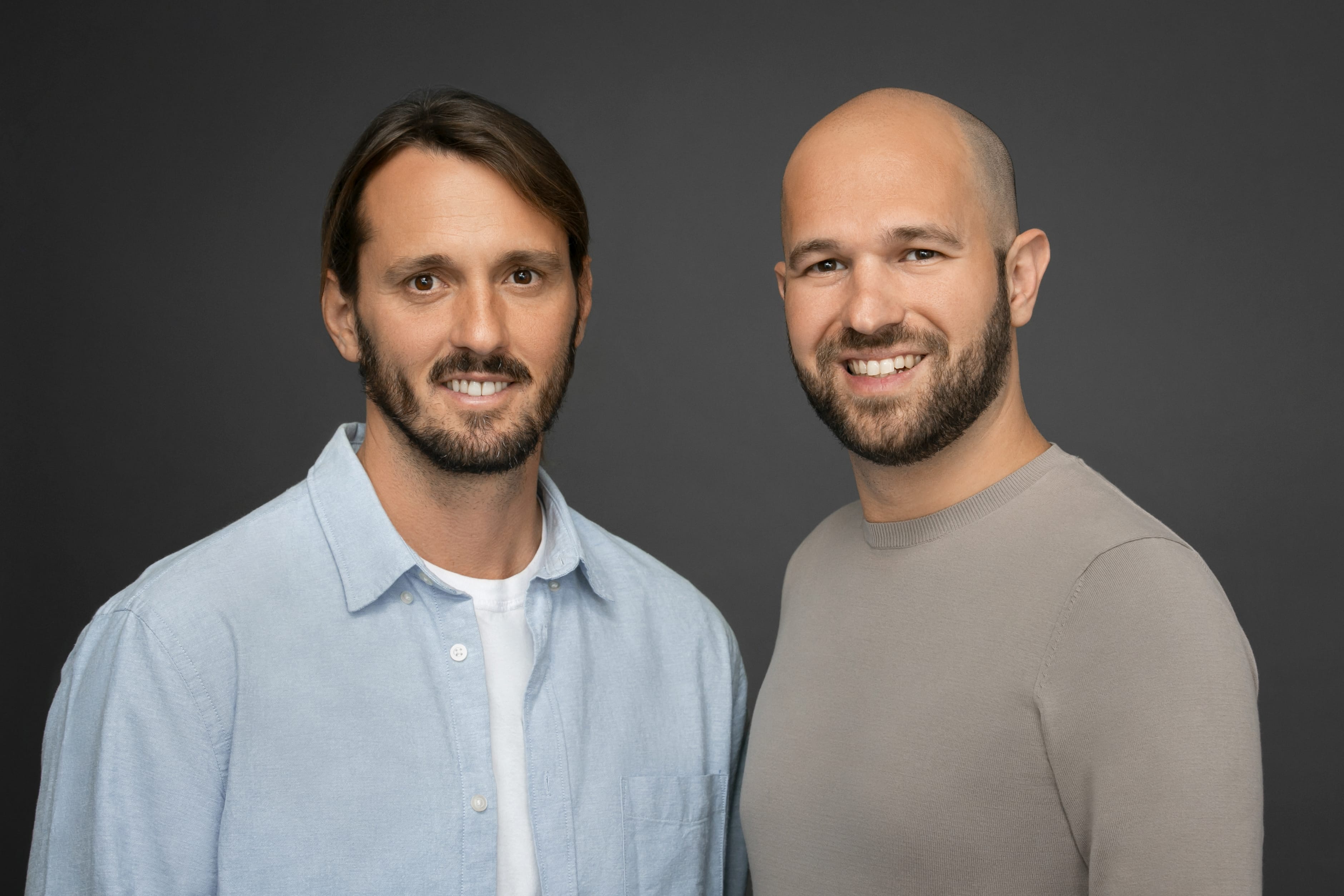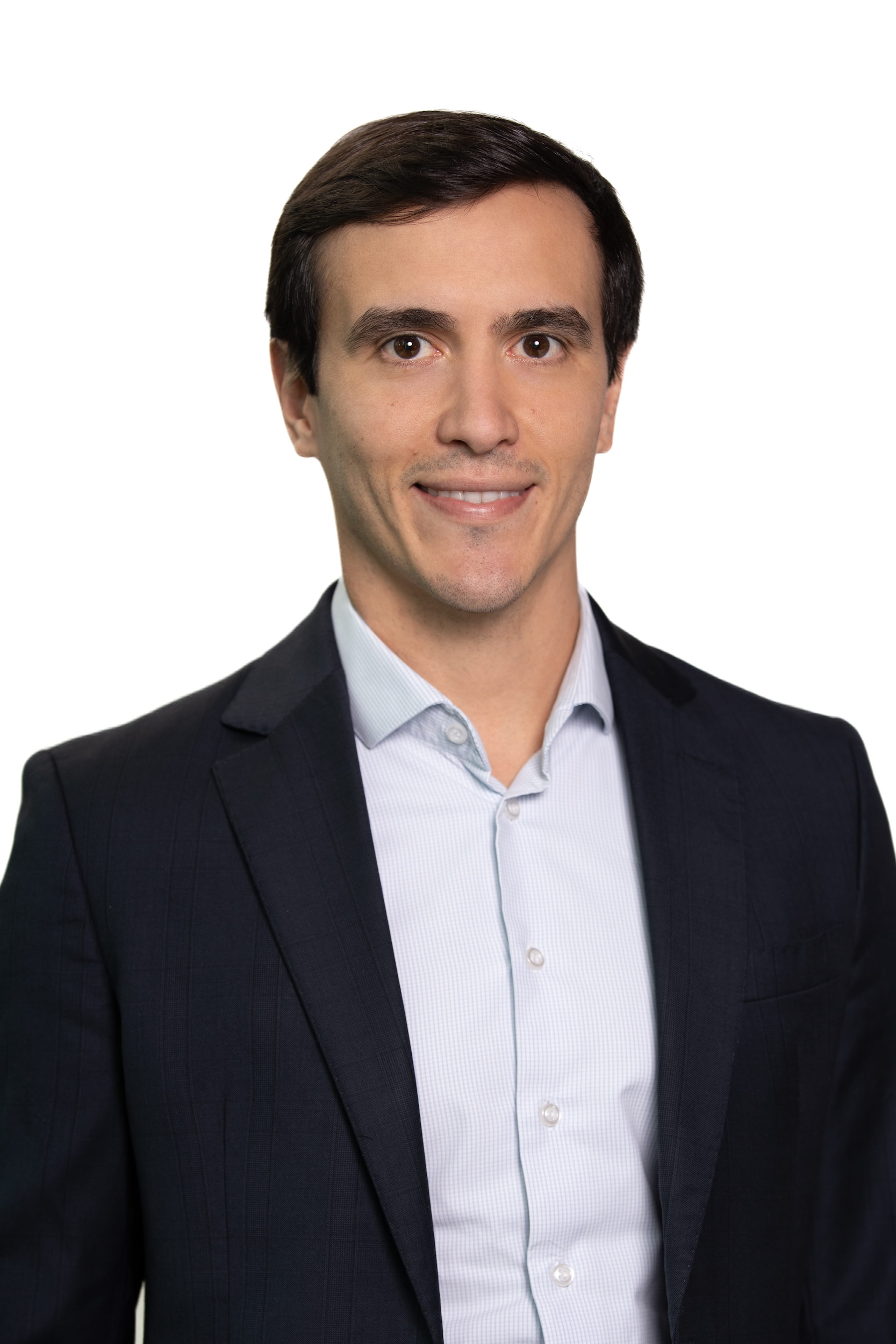
Por Contxto
May 22, 2024
Welbe, providing occupational health management solutions for large and medium-sized enterprises, has raised USD 7 million in a Series A round co-led by Brazilian investment firm Volpe Capital and the International Finance Corporation (IFC) from the World Bank Group. Other investors include NAZCA, Kortex, GreenRock, Marathon, and Parceiro Ventures.
Founded in 2021 by Brazilian entrepreneurs Eduardo Medeiros and Marcus Paiva, Welbe offers an integrated platform for the local health ecosystem, serving HR departments, doctors, and employees. The platform provides access to a variety of quality clinics and laboratories, currently servicing over 100 large companies, including Telefónica, BIC, RedBull, and Engie. Welbe began operations in 2022 after raising a $3 million pre-seed round. The company employs 92 people, with 18 in Brazil.
Welbe addresses a common issue in Latin America: bureaucratic and costly occupational health services with limited access. The company simplifies these processes, enabling employers to offer private health benefits even with budget constraints. Eduardo Medeiros, CEO and co-founder, emphasized that Welbe’s solutions have made occupational health a valuable benefit for employees, reducing their potential extra costs and encouraging preventive healthcare.
The platform has shown measurable impacts: improving health management efficiency by over 40%, reducing employee turnover by 38%, cutting disability times by 43%, and lowering medical insurance costs by 14%. The demand for preventive exams has significantly increased, with cytology screenings among women rising from 2% to 35%, and mammograms from 1.2% to 28%. Prostate exams for men over 45 increased from 0.23% to 13.4%. Welbe has enabled 68% of its users to have a medical checkup for the first time, automating and optimizing over 70% of health-related bureaucracy.
Eduardo Medeiros was inspired to found Welbe after his hospitalization due to COVID-19, realizing the urgency for accessible, quality healthcare given the high costs of the Mexican healthcare system. He and Marcus Paiva, who previously worked on ClickBus in Asia, saw an opportunity to create a comprehensive occupational health management platform.
This investment will support commercial expansion in Mexican states near the U.S. border, focusing on rapidly growing regions due to the nearshoring of new industries, particularly in the North and El Bajío. Welbe, headquartered in Mexico, operates in various regions such as Mexico City, Jalisco, Monterrey, Querétaro, Puebla, Baja California, and León. The company plans to grow its B2B2C segment in the coming years, with expansion focusing on the U.S.-Mexico border, home to over 47 industrial parks.

Gabriel Marcassa, a partner at Volpe Capital
Welbe recently appointed Rodrigo Marques as CFO to manage investor relations and drive financial growth. The investment from Volpe Capital aligns with their strategy to support high-growth tech companies in Latin America. Gabriel Marcassa, a partner at Volpe Capital, highlighted Welbe’s innovative approach to addressing Mexico’s healthcare challenges and its potential to transform access to quality healthcare for workers.
Welbe’s platform integrates microservices powered by AWS, enabling seamless integration with healthcare providers, labs, clinics, and insurance companies through APIs. The company holds data security certifications such as ISO27001, SOC Type 1 and 2, and complies with national health regulations.
According to the International Labour Organization, Latin America ranks third globally in work-related deaths, many of which can be prevented with proper exams and treatments. Welbe aims to continue its growth in Mexico and potentially expand to other Latin American countries, with a goal to democratize access to healthcare, providing quality services to a broader population and making significant improvements in occupational health management.
According to the Inter-American Development Bank, nearshoring could increase Latin American and Caribbean exports by $78 billion annually, with $35.3 billion from Mexico alone. Welbe’s comprehensive approach enhances employee health and well-being while optimizing resources and costs for businesses.

Por Yanin Alfaro
October 10, 2025
Por Contxto
August 5, 2024